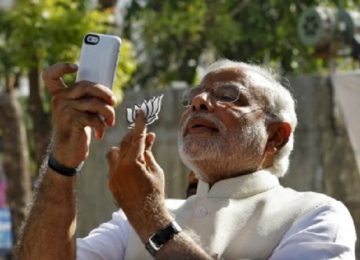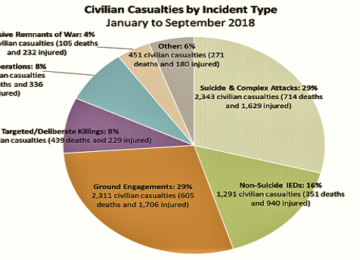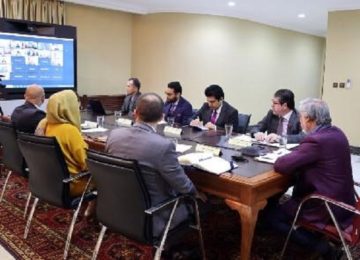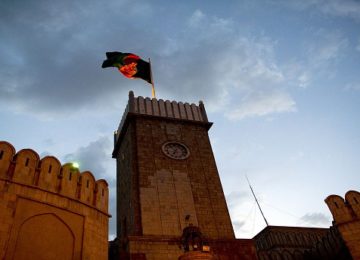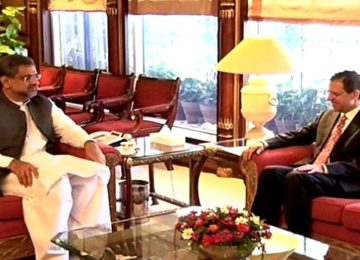Mike Pompeo – the US Secretary of State – recently stated that, “There’s no rationale for IMF tax dollars — and associated with that, American dollars that are part of the IMF funding — to bail out Chinese bondholders or China itself.”
Pompeo’s views were a response to the speculation that Imran Khan’s incoming government might approach the IMF for a possible bailout package.
Was this a naked threat, or initial posturing to intimidate the incoming government? Only time will tell.
However, irrespective of whether Pakistan gets the IMF bailout package or not, Khan and his PTI government has an uphill task on his hands in terms of economy.
In order to overcome the economic challenges, PTI needs to focus on rebuilding the country’s industrial infra-structure; including power and transmission. This is a crucial need. The weakness and lesser capacity than needed has affected industries and consumers alike.
Projects of multifaceted nature, including power and transmission, are needed on an urgent basis. It is not a question of choice, rather a question of investors following the need. The investors can be local or foreign.
Both the PPP and PML N failed in reining in the fiscal deficit, even though during their five years tenure each (Dawn News), China poured in extra money on top of CPEC funding. This also resulted in appreciation of the market value of the Pakistan rupee against the US dollar.
Mark Sobel, on the same day as Pompeo expressed his misguided views, wrote a blog in which he wrote, “[t]he Fund must also ensure that its resources are not used to bail out unsustainable Chinese CPEC lending. The Fund needs to have at its fingertips comprehensive data on all CPEC lending — its terms, maturities and parties involved. Chinese lending should be on realistic terms and consistent with Pakistan’s sustainability. Otherwise, China should reschedule or write down its loans, sharply reducing the value of its claims.” (Dawn August 02, 2018). He also expressed the opinion that the IMF should explore seeking the support of the Pakistani opposition.
This stance is unacceptable and the IMF cannot, by any long shot, get directly or indirectly politically involved in Pakistan’s political landscape.
The views of Pompeo clearly express the understanding that the US considers Pakistan an ally to China. China’s BRI is going to address the aggregate demand of linking nations’, which, in a nutshell, is total demand for goods and services in any economy. The ambitious posture of China raises the fundamental question as to whether China or the United States will ultimately determine the rules for trade and investment.
Economics drives politics. What the US is left with is a fear of China’s outreach. Leaving the Trans Pacific Partnership (TPP) – the pragmatic path of moulding the economic game to its advantage, the US has fewer cards left to put brakes to China’s upward swing.
Facts on the ground are:
A total number of 30 agreements between China and Pakistan are in place worth US $40bn roughly. These agreements cover 22 projects. Out of these 22 projects, 14 are currently being constructed at a cost of US $19bn whereas 8 projects have already been completed. Out of this, US $13bn consists of foreign direct investment in the energy sector alone. The investors have borrowed this amount for the projects and not the Government of Pakistan. These investors are mostly borrowing from the Chinese commercial banks to implement these projects. Since the government of Pakistan is not the borrower, therefore, it is not the responsibility of a non-borrower to repay these loans.
Three projects are costing US $6bn; Orange Line, M-5, and KKH phase 2. The Chinese government has not given Pakistan a commercial loan for these investments. This is a government to government soft loan at 2% interest rate. A soft loan offers lenient terms than otherwise available, longer repayment time duration and lower interest rates. The debt Pakistan has is US $6bn and not US $19bn as claimed. For the next five to seven years, Pakistan only needs to pay 2% interest. After this time period, Pakistan will have to repay the principal amount with interest of 2% spread over 13 to 15 years. So in lieu of loan of US $6bn after 20 years, Pakistan pays, give or take, US $7.4bn with interest.
However, Pakistan cannot rely only on Chinese investments. It must invite expats, overseas Pakistanis as well as local and other foreign investors to invest in various projects – such as the Gwadar Free Zone and other CPEC related projects – in the country. More than 30 companies are already registered in the Gwadar Free Zone but more need to join hands. This can only happen if terrorism is contained and an atmosphere of peace continues. Economic prosperity is directly related to peace in the country.
This aggressive posturing by the US no longer relates to Pakistan giving support in the Afghanistan scenario. The canvas is bigger; an effort to curtail China at all costs.
“The US objectives in this region now are: the strategic containment of China and Russia, an India-dominated South Asia and the reversal of Iranian power. Pompeo’s position on the IMF package reflects a US attempt to exploit Pakistan’s financial vulnerability to retard the execution of CPEC and damage China’s broader Belt and Road Initiative objectives,” writes Munir Akram, former Pakistan ambassador to the UN.
On the diplomatic front, it is in China’s interests that there is peace in Pakistan, so that the projects are not hindered by terrorism and are completed on time. A peaceful environment for economic progress is the need of the day for Pakistan. It also is in China’s interest that a workable relationship between India and Pakistan is achieved. Moreover, an atmosphere needs to be created where confidence building measures (CBMs) are also developed, which will be a step forward for both countries.
China can play a positive role in bringing about this positive change in Indo-Pak relationship. It is in interest of all three countries, putting aside other differences, to come on one platform to combat terrorism and benefit from a joint strategy. Politically, China is in a very strong position and can play a key role in bringing both the arch rivals to an understanding to work together for mutually beneficial goals.
The Yasmeen Aftab Ali writer is a lawyer, academic and political analyst. She has authored a book titled ‘A Comparative Analysis of Media & Media Laws in Pakistan.’ She can be contacted at: yasmeenali62@gmail.com and tweets at @yasmeen_9




